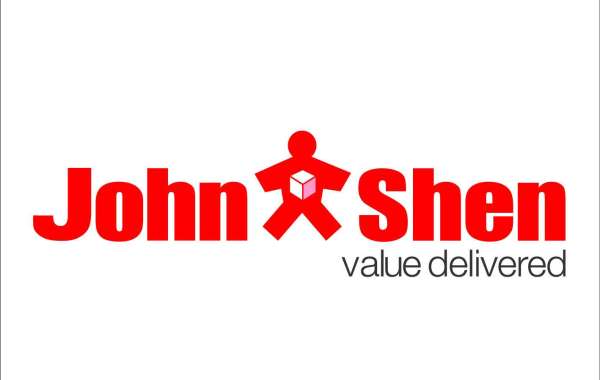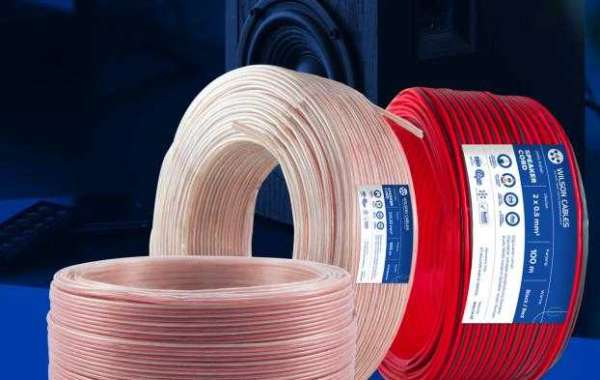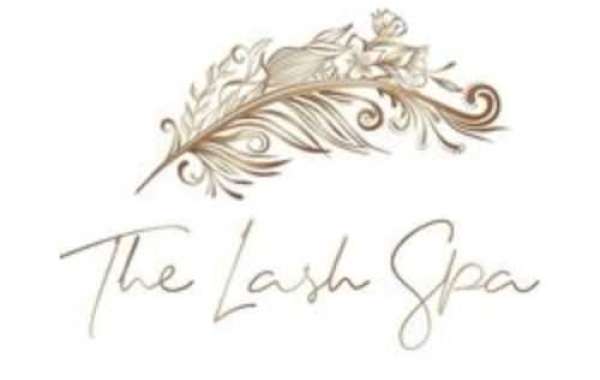Types Of Crayons
(1) Colored Crayons
Crayons are made of compressed chalk, pigment powder, and adhesive. The paintings created with these crayons are called colored crayon paintings. The traditional binding material is astragalus gum. When the binding material is linseed oil, the crayon is called oil pastel. Colored crayons are used for painting on brown paper, cardboard, or specially prepared canvas. Colored crayon drawings are easily damaged because they blur when touched. Color fixatives can protect the picture, but are not advisable because they can darken the color of the painting. The best way to protect colored crayon paintings is to frame them with glass.
With careful protection, colored crayon paintings stay fresh and colorful for longer than oil or watercolor paintings. They do not lose their color as oil paintings do, nor do they become damp as watercolors do. The beauty of colored crayon painting lies mainly in its soft velvety surface, which gives the painting a depth of color harmony and atmosphere that cannot be achieved by other methods. Colored crayons are particularly suitable for painting portraits, still lifes, and certain landscapes.

(2)Pull Line Crayons
The pull line crayon is a new type of crayon, that obtained the international NON-TOXIC non-toxic certification, and passed the European standard EN71 Part1-3. The pull line crayon is imported from Japan, excellent quality, bright color, uniform, no clumping, and no core. Use with hand tear off with paper for the shell, no need to sharpen with a knife, easy to use, economic and not costly really. This product is widely used in clothing, fabrics, leather, shoes, metal, wood, ceramics, glass, paper products, and other industrial processing production for marking or marking an excellent material. Especially in the garment, leather goods, and shoe industry as an auxiliary process used in an excellent product, this industry also has its name.
Manufacturing Methods Of Crayons
Wax crayons can be manufactured by casting method and extrusion method. The general ratio is 40% C16 to C18 fatty acid, 40% wax, 5% various pigments, and 15% various fillers. If the extrusion method is used, more fillers can be added. The variety of wax is determined by the surface of writing objects such as glass, metal, wood, fabric, or other artistic requirements. The addition of ingredients that enable the pigments to disperse when exposed to water in the manufacturing material allows the lines to permeate and spread when exposed to water. This writing material is a new breed of crayon.








